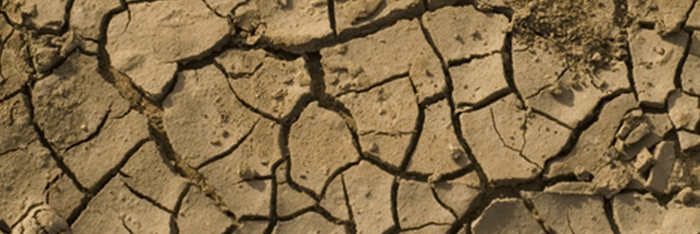
Worldwide, water policy and management are beginning to reflect the fundamentally interconnected nature of hydrological resources, and Integrated Water Resources Management (IWRM) has widely emerged as a cross-sectoral policy approach and alternative to the sector-by-sector, top-down management style that has dominated in the past. This traditional, fragmented sectoral approach has led to poor services and unsustainable resource use. The basis of IWRM is that the many different uses of finite water resources are interdependent, and that water resources are considered an integral component of the ecosystem, a natural resource, as well as a social and economic good.
One key resource on IWRM is the Global Water Partnership (GWP) – founded in 1996 by the World Bank, the United Nations Development Programme (UNDP), and the Swedish International Development Cooperation Agency (SIDA) to foster IWRM – with an overall vision of a water secure world and mission to support the sustainable development and management of water resources at all levels. This global network is open to all organizations involved in water resources management: developed and developing country government institutions, agencies of the United Nations, bi- and multi-lateral development banks, professional associations, research institutions, non-governmental organizations, and the private sector.
The GWP Technical Committee publishes papers and policy material on water resources management.
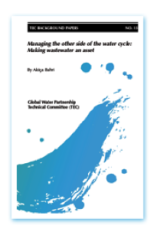 |
| |
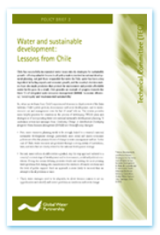 | Information about water resources management for policy makers, written by the GWP Technical Committee. | |
 | Technical knowledge about water resources management, written by the GWP Technical Committee. | |
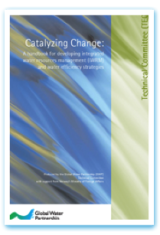 | This handbook seeks to provide knowledge on the WSSD action target. | |
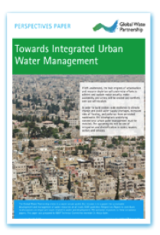 | GWP publishes Perspectives Papers to contribute to discussions on important issues related to water and development. | |
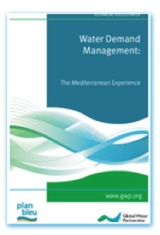 |
The links above will take you to the GWP ToolBox website, an online database of how an integrated approach to water resources management is being implemented around the globe.
Some additional interesting sources on IWRM are: